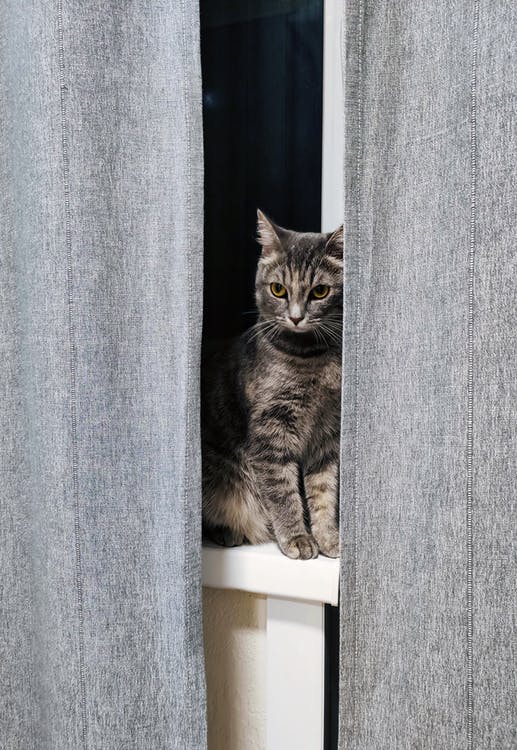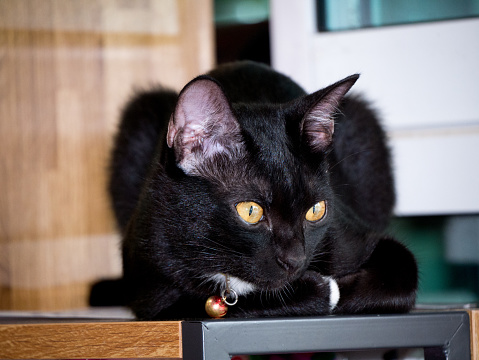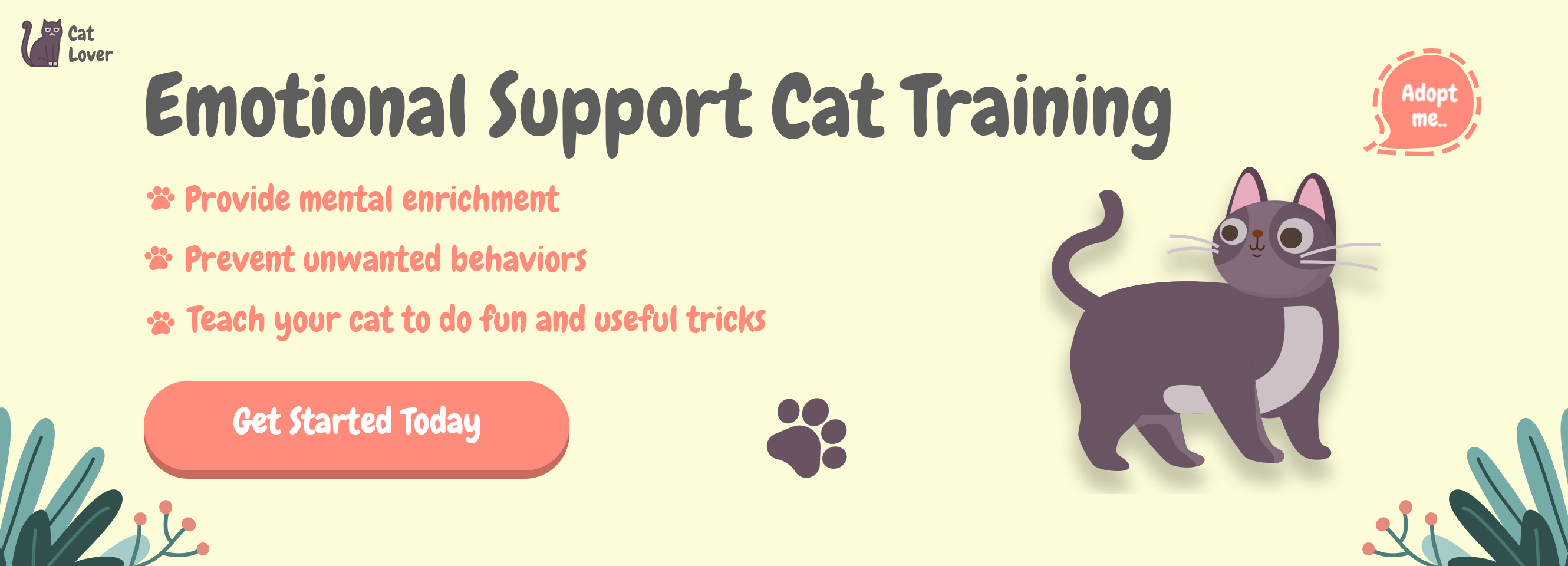
Being a cat parent is a task, that requires a lot of patience, understanding, and love towards your feline friend. You as a responsible owner should be able to know your cat well and understand his/her body language. Cats are quite different from dogs in some aspects of their nature, and you should put effort to recognize and respect these differences if you want to properly raise a cat.
Knowing your cat’s temperament and natural behavior will help you recognize when he/she is feeling happy, anxious, or angry, and train him/her properly. Also, you will be able to determine whether a certain behavior might be a sign of a health condition or not. Meowing in the night is a behavior, that cats occasionally perform, and that concerns many owners.
If you want to know what may cause this behavior and how you could address it, this article is just for you.
Why Does Your Cat Meow at Night
Cats’ Nature
The first reason is based on the cats’ nature. It is assumed that cats are nocturnal animals. This is partially correct, as they tend to be more active around dusk and dawn, which makes them fit more the category of “crepuscular animals”. If your kitty wakes you up in the early hours or disrupts your sleep in the late hours, this could be related to their natural instincts. The best time to hunt is during the night after all. Meowing and hyperactivity during the night are more common for young kitties than for adult cats. The older a cat gets, the more likely it is for him/her to adapt to the routine of his/her owner.
Your Cat Is in Heat
Female cats while in heat can perform various behaviors like rubbing against the floor or different objects, rolling, and meowing to attract males. Heat cycles can start at the age of 5-6 months. Although the term “in heat” refers to female cats, male cats, when unneutered, respond to females in heat and also develop bad behaviors such as becoming aggressive, scratching, fighting, spraying urine, meowing, having wanderlust...etc. If this is the case with your feline friend, you may need to contact a veterinarian and discuss further steps.
Sign of the Process of Aging
Aging can affect both the body and the brain of our paw friends. Cats may develop the so-called Cognitive Dysfunction Syndrome (CDS) that affects their brain and may be accompanied by different symptoms, including meowing at night.
Your Cat Has Not Spent His/Her Energy During the Day
If your cat could not play or exercise enough during the day, he/she may want to catch up at night. That is why it is important to provide your kitty with opportunities to spend his/her energy during the day.
Your Cat Is Seeking Food
If your cat immediately goes to his/her food bowl once you go out of the bed to check what the reason for his/her meowing might be, this is a clear sign, that he/she wants to eat. You should not encourage this type of behavior, as once your feline friend learns that you will give him/her food anytime he/she meows or yowls, this behavior will never end.
Your Cat Is Seeking Attention
Spending many hours home alone without receiving any attention may cause your cat to behave disruptively and/or use vocalization to seek attention.
Your Cat Did Not Get Used to Indoor Life
If your feline friend has spent a big part of his/her life outdoors, he/she may feel trapped in spending many hours a day locked at home. Meowing may be considered a way for your cat to express how displeased he/she is with indoor living.
Health Conditions
Frequent mowing at night may be a sign of kidney disease or thyroid issues. You should consult a veterinarian as soon as possible to eliminate a health condition as a cause for meowing or provide proper treatment if such is present.

How To Address This Behavior
What steps you should take to handle your kitty’s meowing at night depends on the cause for it.
If the Cause Is a Health Condition
In this case, you should arrange a veterinarian visit immediately. If your kitty is coping with an illness, there are likely to be additional signs of that. Changes in his/her activity levels, food habits, his/her attitude towards petting and playing- if he/she starts hiding and suddenly starts responding aggressively towards your attempts to pet him/her, there might be a health problem.
It Is an Aging Symptom
Age-related health conditions may occur, that require a veterinarian check.
If Your Cat Is in Heat
In this case, you should consider consulting your veterinarian about the advantages and disadvantages of spaying and the most suitable age for cats to go through this procedure. Female cats may need about 14 days to completely recover after the operation. Male cats usually recover quicker after neutering within a week.
If Your Cat Needs Exercises
If your cat just can not spend his/her energy during the day, you should spend more time with him/her or find alternatives to keep him/her busy. You can participate in play sessions with your paw friend during the day or about an hour before you go to bed, to ensure that he/she has spent his/her energy. If you are unable to be a part of your feline friend’s play sessions during the day, you may need to buy toys (lasers, toys featuring feathers, bells, food puzzles...etc.), that will keep him/her engaged until you return home or finish your work.
If Your Cat Is Meowing At Night For Food
If you always feed your cat when he/she starts meowing or whining, you will only encourage this behavior. A simple solution might be to buy an automatic feeder and set the timer for 12am (or the time when your cat starts meowing for food). That way you will make sure that your kitty will have a midnight meal without disrupting you.
If Your Cat Is Seeking Attention
If your kitty just wants your attention, do not encourage him/her to keep bothering you at night. Instead, you can spend more time with him/her during the day, and purchase some interactive toys. Never forget to reward your feline friend when he/she behaves properly and remains calm to reinforce this behavior.
If Your Cat Wants to Go Outside
If your cat can not stand being locked, you may want to consider installing a cat flap. That way he/she will be able to explore the surroundings without disrupting your sleep. In many cases after spaying/neutering, the cats’ drive to go outside drastically decreases. However, this is not always the case, and some kitties keep enjoying the outdoor life.










